How To Transplant A Tree That Produces Fruit
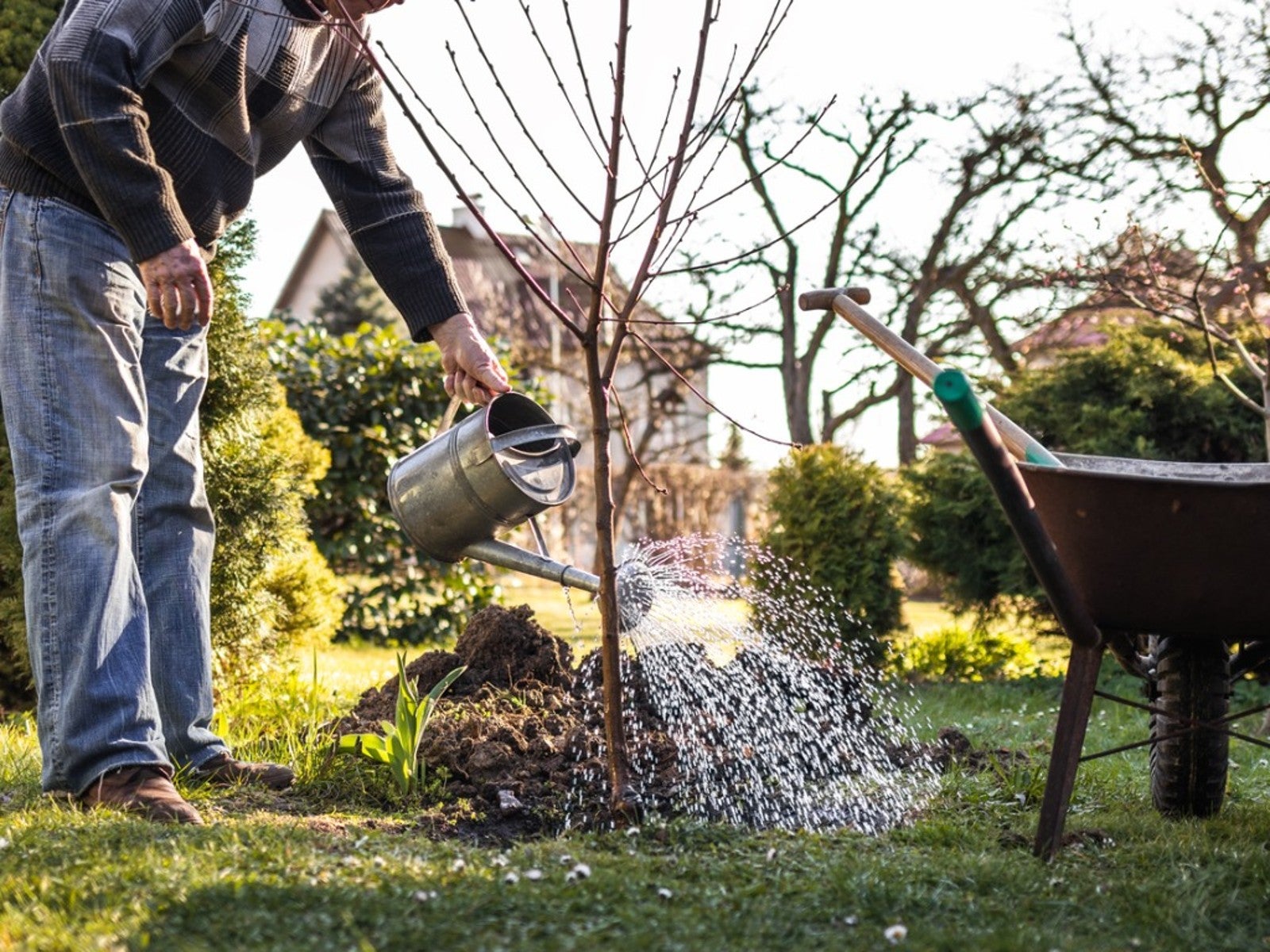

Few gardeners plant a tree with the idea of transplanting it some years later. While planting a young tree is not difficult, transplanting a mature tree is not a small matter. Transplanting mature fruit trees is even more delicate.
How to transplant an apple tree? What is lemon tree transplant shock? Can mature fruit trees be transplanted? Read on for answers to fruit tree transplant questions.
Best Time to Transplant Fruit Trees
Transplanting young, newly purchased fruit trees is a matter of getting the timing and the procedure right. The best time to transplant fruit trees is usually spring, but the options depend on the presentation of the tree.
Bare root, packaged, and field-potted fruit trees must be planted early in spring. Containerized, contain-grown and ball and burlap fruit trees can go into the ground at any time during the growing season.
How to Plant a Fruit Tree
Preparing the planting site is an essential step to making your new fruit tree happy. Work the soil well, adding mature organic compost. Dig a hole in the worked soil bigger than the root ball, breaking up the sides of the hole to permit the roots to easily establish. Never prune the roots to fit into a smaller hole, but any broken roots or diseased roots should be trimmed off.
Slightly different planting instructions apply depending on the tree presentation. Bare root trees, for example, require a mound of soil at the bottom of the growing hole on which the roots will be spread. Care must be taken with ball and burlap trees to keep as much of the soil in the rootball as possible.
All trees, however, should be planted at about the same level they were in the ground earlier. Water well to eliminate air bubbles. Add mulch, keeping it a few inches from the trunk itself. If necessary, stake the young tree.
Gardening tips, videos, info and more delivered right to your inbox!
Sign up for the Gardening Know How newsletter today and receive a free copy of our e-book "How to Grow Delicious Tomatoes".
Caring for Your Fruit Tree
The transplant itself can be challenging to a young fruit tree. Termed “transplant shock,” the tree can quickly decline and even die. This usually can be avoided by proper soil preparation and site selection, combined with ample irrigation in the weeks after transplant.
A transplanted fruit tree needs water. Make it a priority to offer the tree between 5 and 7 gallons of water to the root ball area of the tree every week. For the first two weeks, divide this water into three portions on three different days to make sure the root areas stay moist.
Transplanting Mature Fruit Trees
What if the fruit tree you wish to transplant is not a new, young tree but an established one, a tree that has produced fruit for some years? Generally, large, mature fruit trees do not transplant well, and trying to move them is a real risk. The general rule is that the larger the tree and the older the tree, the more difficult the transplant.
Carefully consider your choices. If the choice is between attempting a transplant or cutting down the tree, you don’t have much to lose by trying. For a large fruit tree, you will do best to call in a professional to dig out the tree and transport it to the new site.
For a small tree, like a dwarf Meyer lemon for example, you may be able to tackle the digging yourself. Prepare the new site well and lift out the tree’s root ball with utmost care. Place it on a tarp and get help to carry it to the new location.

Teo Spengler is a master gardener and a docent at the San Francisco Botanical Garden, where she hosts public tours. She has studied horticulture and written about nature, trees, plants, and gardening for more than two decades. Her extended family includes some 30 houseplants and hundreds of outdoor plants, including 250 trees, which are her main passion. Spengler currently splits her life between San Francisco and the French Basque Country, though she was raised in Alaska, giving her experience of gardening in a range of climates.
-
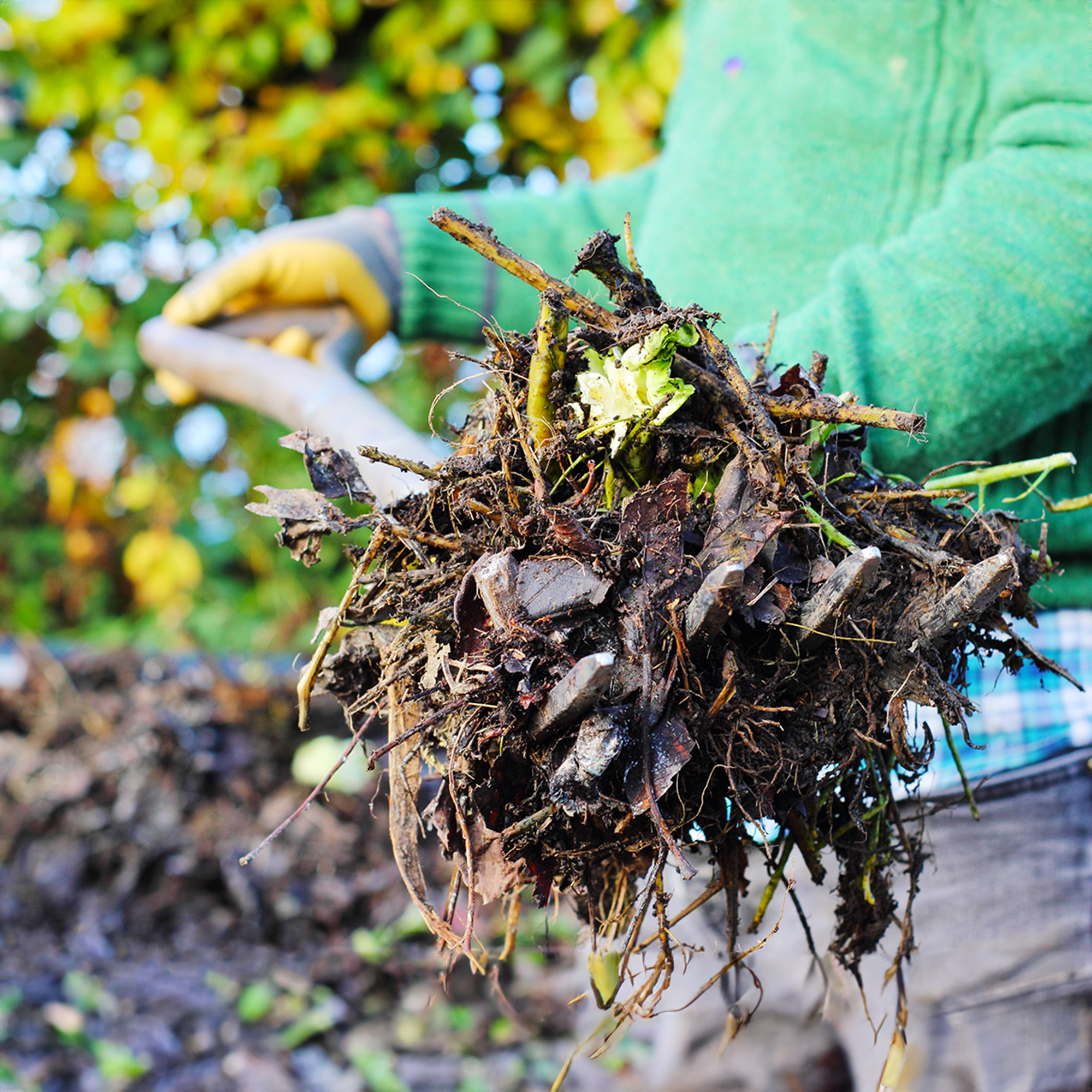 10 Common Composting Problems That Can Spoil Your Garden Gold – Plus Easy Fixes
10 Common Composting Problems That Can Spoil Your Garden Gold – Plus Easy FixesLearn how to troubleshoot common composting issues before they ruin your stash – from bad smells and bugs to materials not breaking down as they should.
By Susan Albert
-
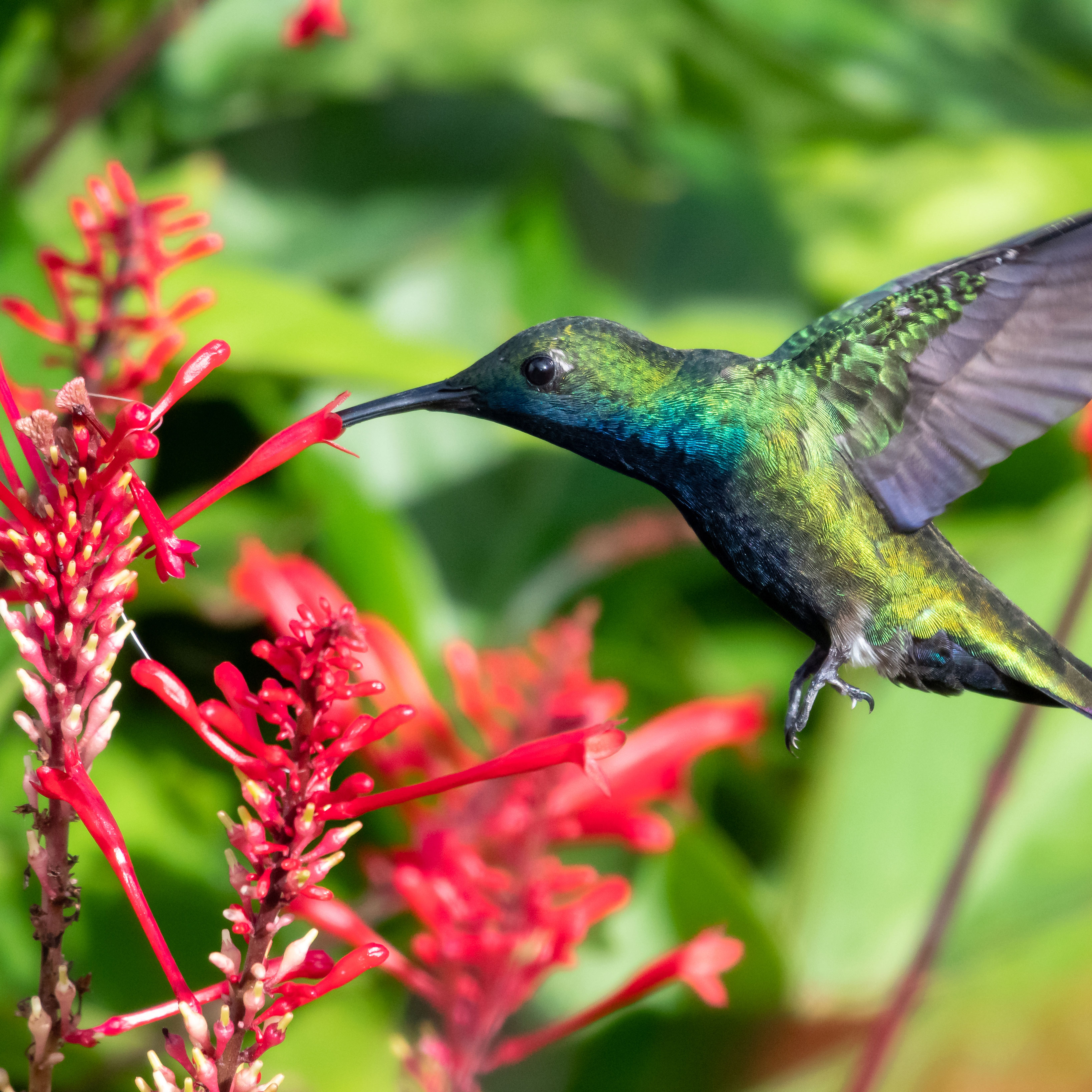 Terrifically Tubular Flowers For Hummingbirds: 9 Tube-Flowered Plants To Attract Hummers
Terrifically Tubular Flowers For Hummingbirds: 9 Tube-Flowered Plants To Attract HummersGrowing tubular flowers for hummingbirds helps you create the optimum feeding conditions for your winged friends. Here are nine tubed delights for hummers
By Tonya Barnett
-
 Best Trees For Carbon Sequestration And Climate Change
Best Trees For Carbon Sequestration And Climate ChangeLet’s keep planting trees. They are our best bet for capturing carbon and may help with our global warming issues.
By Teo Spengler
-
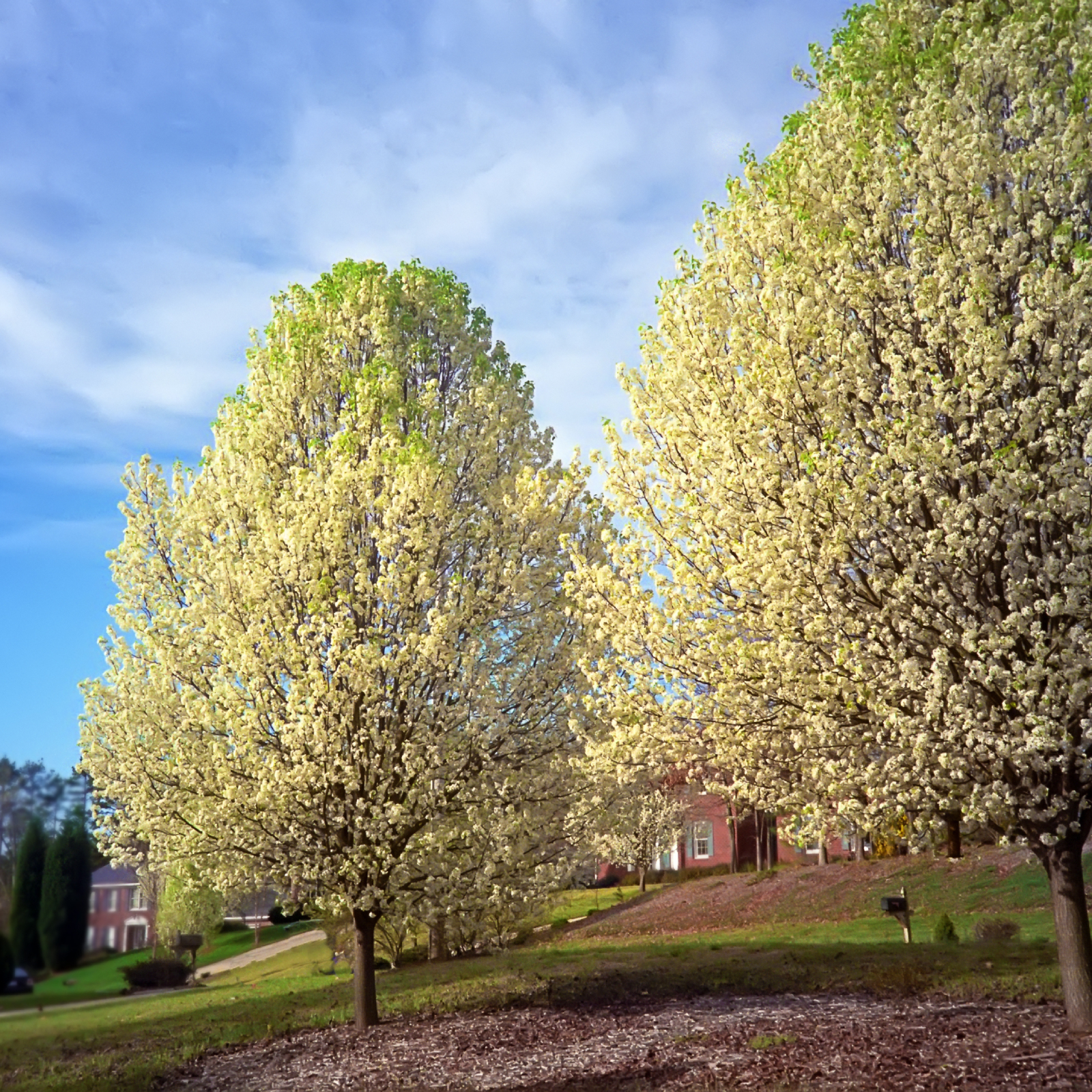 7 Invasive Trees You Should Never Plant In Your Yard Or Garden
7 Invasive Trees You Should Never Plant In Your Yard Or GardenWhat are some invasive trees you should never plant in your yard? Click here to find out.
By Teo Spengler
-
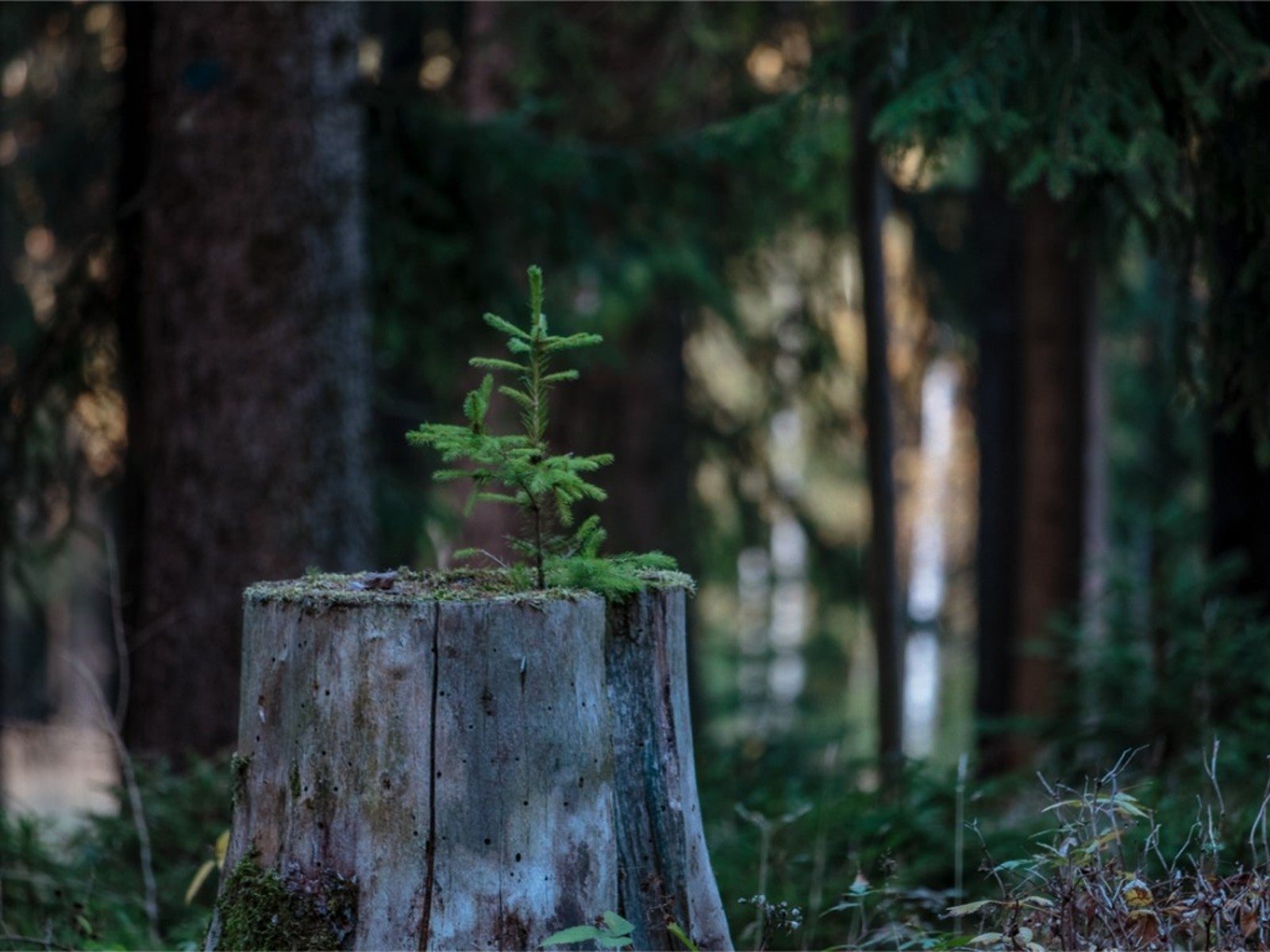 How Close Can You Plant A Tree To A Stump?
How Close Can You Plant A Tree To A Stump?Looking to plant new trees near old stumps or where stumps have been removed? Click here to learn how.
By Teo Spengler
-
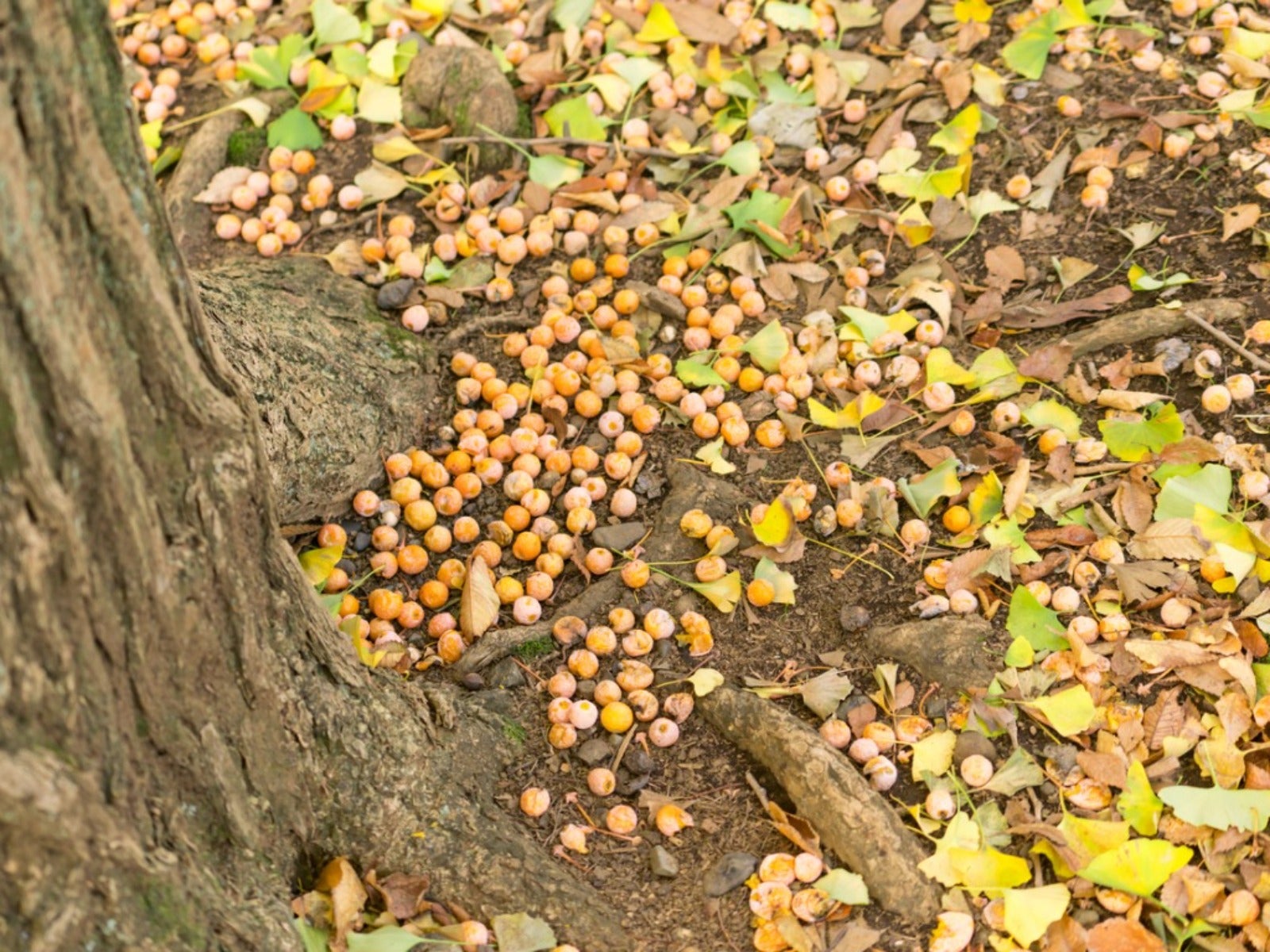 Messiest Trees That Drop Debris Everywhere
Messiest Trees That Drop Debris EverywhereWant to know which trees will create the biggest messes in your home landscape? Click here to find out.
By Amy Grant
-
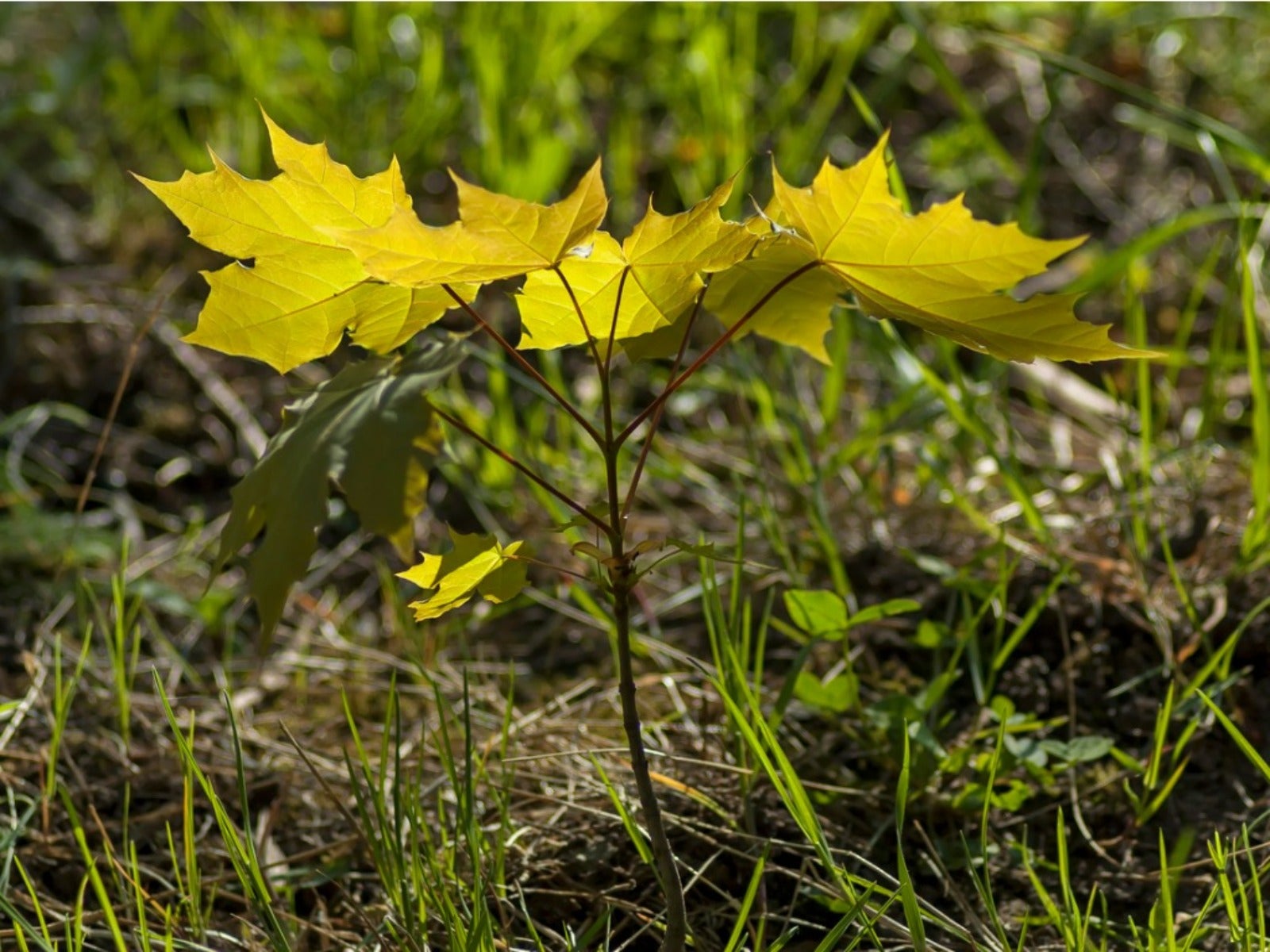 How To Get Rid Of Tree Sprouts In The Yard From Nearby Trees
How To Get Rid Of Tree Sprouts In The Yard From Nearby TreesLearn the simple way to keep pesky tree seedlings in your lawn from becoming saplings.
By Teo Spengler
-
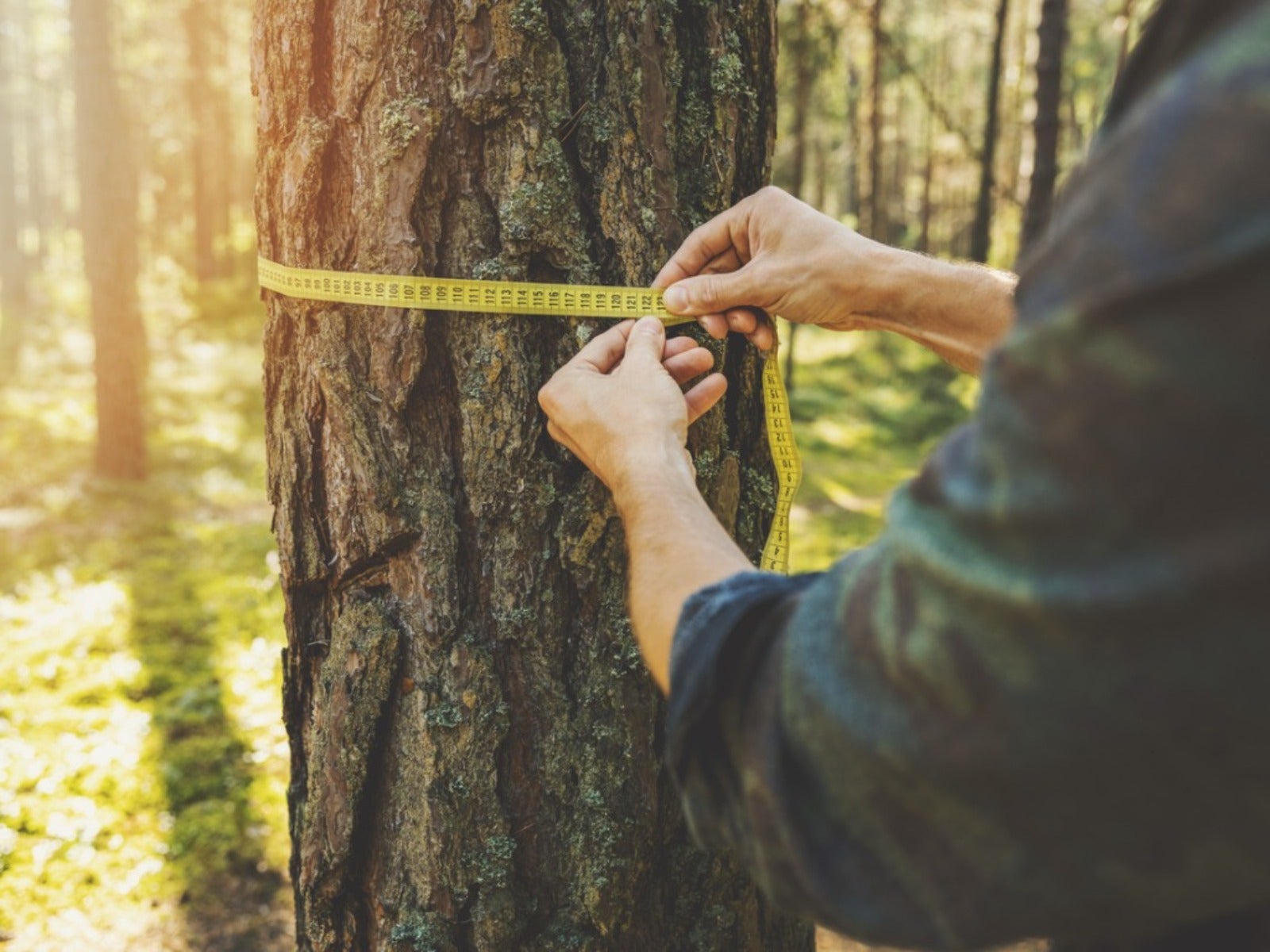 How To Tell How Old A Tree Is
How To Tell How Old A Tree IsEver wondered how to calculate the age of a tree? Click here to learn all about it.
By Teo Spengler
-
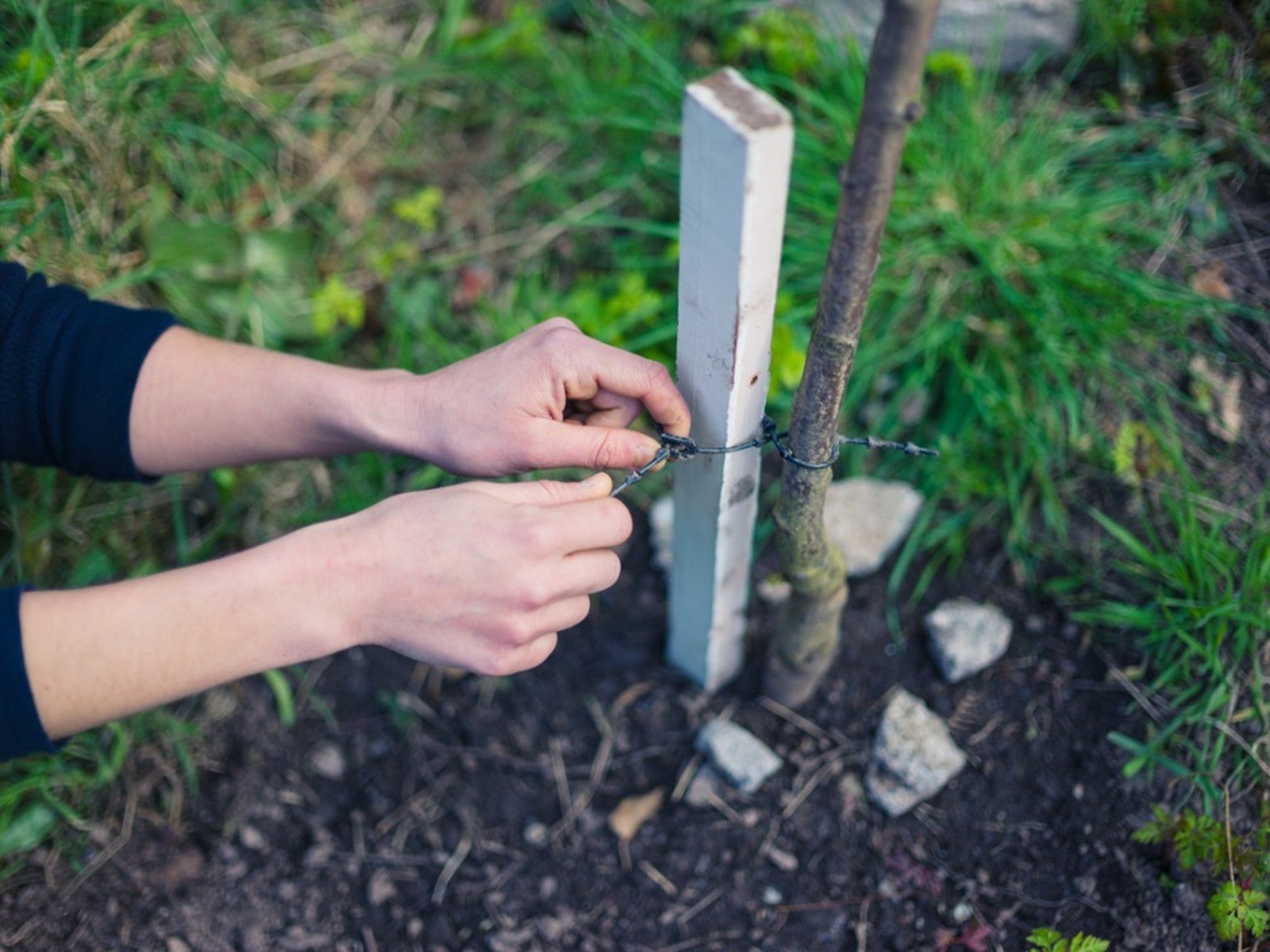 When To Remove Tree Stakes From Saplings
When To Remove Tree Stakes From SaplingsA newly planted tree may grow strong when it’s staked, but don’t forget to remove the stakes when it’s stable.
By Teo Spengler
-
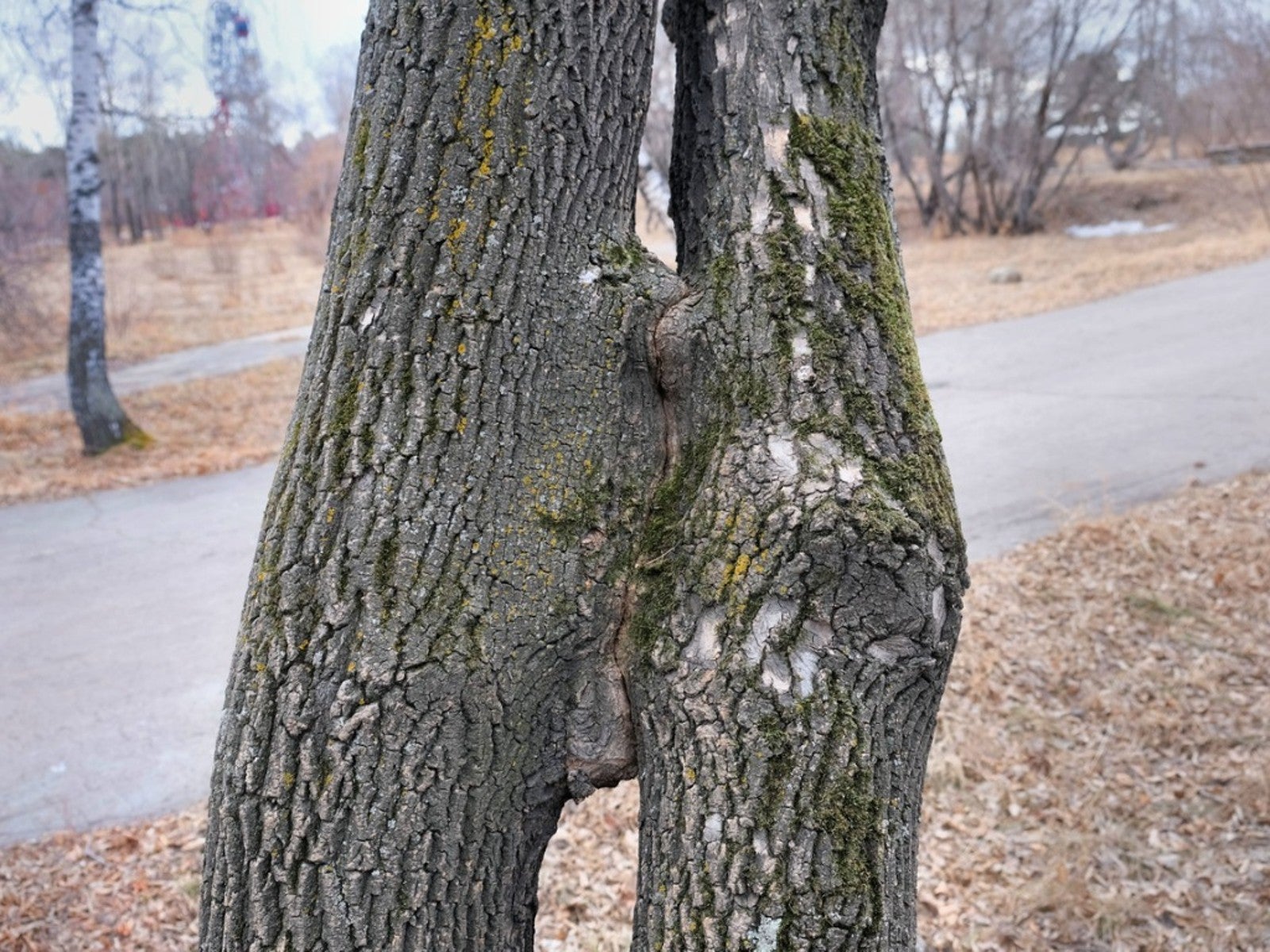 Inosculation And Trees Growing Together
Inosculation And Trees Growing TogetherIf you ever see two trees that have bonded and grown together, read here to learn why and how it happens.
By Teo Spengler